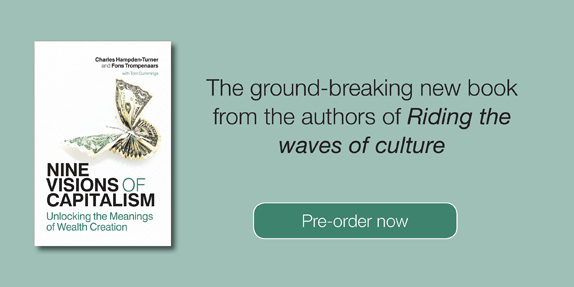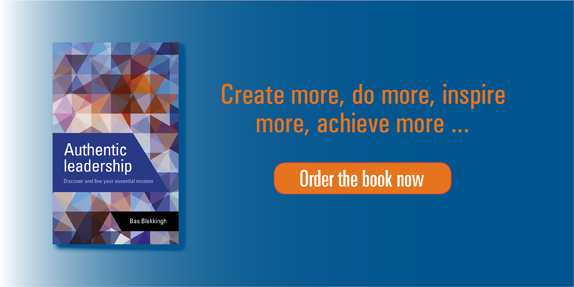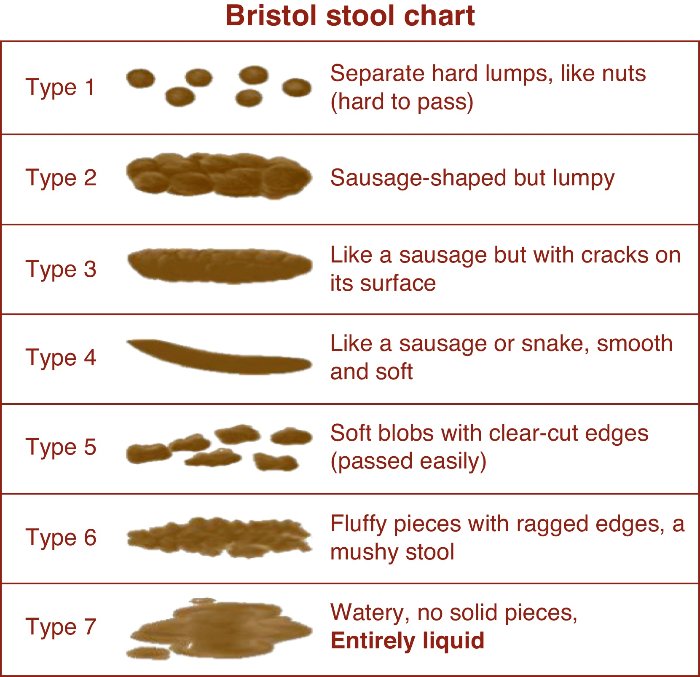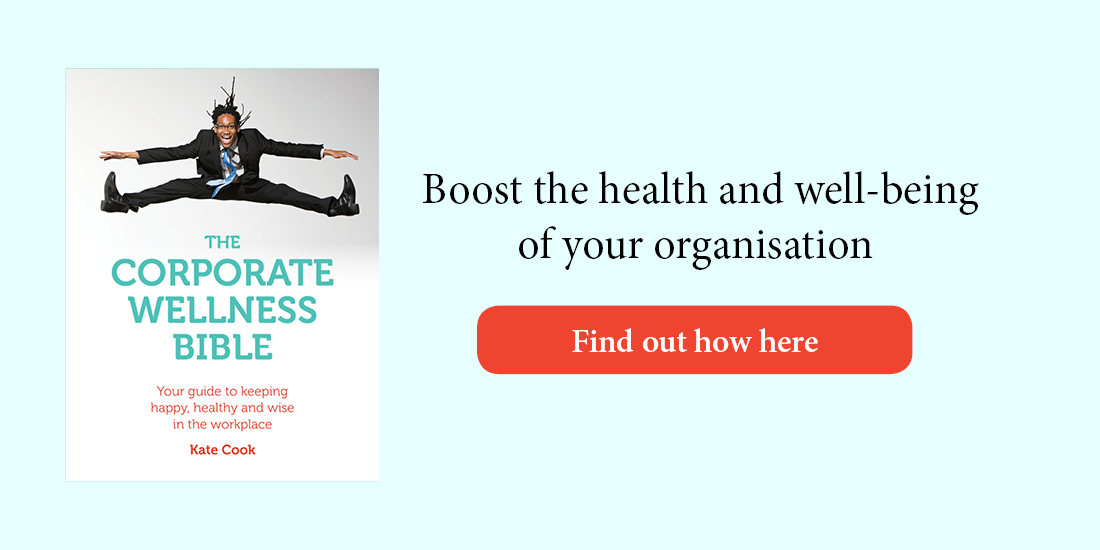Current events
Crowdfunding as the antithesis of electoral politics
20 May 2015 by Rebecca in Business and finance, Current events, Nine visions of capitalism
We have just had to endure another stomach-turning electoral contest in which fear, venom, character assassination, unfunded promises and unproven assertions wrestled with each other and which those we collectively abhorred the least eventually won. Thank God we endure it for only six weeks in five years, yet it does us immense damage and sours the public mood. Rarely, if ever, has politics been so bereft of ideas, so sterile in its jousting, so destructive in its name-calling, so locked into rival ideologies that its partisans can no longer think, much less create.
Yet there is another movement afoot, one that is growing at astonishing speed, faster even than the digital revolution. Computer power has been credited with doubling in size every eighteen months but crowdfunding, sometimes called peer-to-peer lending is doubling every three months. But are we comparing like with like? Surely crowdfunding is just one additional way of getting investment funds, a way suited to smaller, maverick projects and can not even lay claim to political significance. We hope to show that it could change capitalism profoundly; it may not be overtly political but it has social and political repercussions of a very meaningful kind.
Crowdfunding is for the moment confined to the Internet. It uses various platforms, such as Kickstarter and Crowd Cube, to put ideas before a ‘crowd’ of on-line investors. A project is described and a request for enough capital is communicated. The crowd either meets the minimum capital needed to launch the project or it does not (money for under-subscribed projects is never collected). About one third of all projects are fully funded and go forward. Those receiving insufficient backing may have failed in any case and it is better for everyone that little loss was incurred at this early stage. However, a project may be relaunched in the future with a revised prospectus. We believe it is a matter of time before this development is picked up by mass media with millions of viewers and becomes a variety of Reality TV with totals raised broadcast during the programme, and with the whole culture celebrating innovation as a way of life. Commercial TV could find a new source of revenue by taking 5% of the total raised.
So let us compare the ‘democracy’ of our electoral process with the democratic potentials of crowdfunding. How do these contrast?
| Electoral process | Crowdfunding process |
| The first-past-the-post system gives big advantages to the majority parties at the expense of all minority interests, e.g. it takes 3.9 million UKIP voters to elect one solitary MP. | Most funds go to small minorities, enabling them to nurture new ideas that go viral on the Internet, with the potential to change everything through daring novelties and life-changing creativity. |
| One party wins and another loses nearly everything in a zero-sum game wherein gains and losses cancel each other out and power is wrested away from opponents in life-shattering ways. | All parties win where the project succeeds, entrepreneurs, investors employees, customers and the community. Ideas have been transformed into new realities beneficial to their instigators and the crowd of enthusiastic supporters and cheerleaders. |
| The game is to achieve power over people, get the electorate to buy your promises, attack and rubbish your opponents and consign them to opposition benches. | The game is to achieve power through people, use their funds to keep your promises and realize the ideals in your prospectus with their money and their moral support. You seek to convert all those involved to your viewpoint. |
| The system is fiercely and relentlessly adversarial. We are right and our opponents wrong, foolish, dangerous and destructive. The least feared and hated party wins. The Devil vies with the Deep Blue Sea. | The system is cooperative and co-creative with investors as midwives of procreation and with only projects that are truly needed receiving funds. Investors are seeking to improve their society, and where they succeed they profit. |
| The system requires millions of pounds to operate large organizations. This puts the electoral systems at the mercy of rich donors who buy access and expect a return for their money. | The system operates by funding thousands of good ideas and small organizations. Funding goes not to power but to potential, to the idea whose time has come, to those with dreams to realize. |
| Large amounts of money from very few people buys continued dominance and conformity to what rich people demand. | Small amount of money from a wide variety of people, fund a very diverse range of new ideas, which change us radically. |
| Large investment portfolios tend to the lowest risk possible and to markets where prices can be administered by market domination. | Small investment portfolios can afford to stake less but risk much more on changing society for the better. Dramatic success is possible. |
| The viewpoint in almost entirely quantitative. Everyone wants just one thing and the answer is more. | The viewpoint is almost entirely qualitative. Everyone wants to help their society but in different ways. |
| The attitude to minorities is that now they have been beaten, they should yield to majority control. They are losers and should be marginalized. | The attitude to minorities is that they are a potentially creative resource and come up with ideas the majority would never hazard. Diversity is infinitely precious. |
| The whole purpose of politics is to realize your own economic self-interest and asserting these aggressively is enough to win. | The whole purpose of crowdfunding is to realize meaningful ideals by offering these to the public for sharing with you. |
| Ideological politics is sterile because everything within one polarized extreme has been tried and one is not allowed to borrow from the rival viewpoint. It is off limits. | Crowdfunding is an industry espousing radical ideas and hence borrows the vehicle, private enterprise, from the Right while the ideals are largely from the Left. Any new political idea is a hybrid of Right and Left. |
| The argument is about redistribution and the power of government. Can it confiscate what others have made? What will this do to enterprise and motivation? | The argument is about pre-distribution. Might companies who promise their crowds to be fair, to promote women, to pay good wages, train their people, and be sustainable, gain better access to crowdfunding? |
| Competition is the life-blood of both politics and business. We we all want more and some of this must be taken from our weaker brethren. | Diversity is the life-blood of both politics and business. Where we are sufficiently different invidious distinctions vanish and nearly all can succeed on their own terms. |
What is unique about crowdfunding is that it starts even before a product or service has been made or any unit of currency spent. It is an idea, an abstraction and a value in our mind’s eye. We can share it with others, discuss within the ‘crowd’ what sort of world we want, producing any number of wealth development and satisfactions. It is a potential rebirth of the Puritan ethic insofar as it begins with the reason for our being and what we should do on earth and whom we should serve with the one life we have. It is the potential sheet anchor of the Innovative Society. Members of parliament have powers to help redesign capitalism as a beneficial force in our nation and insist that it builds industries which engage and develop us all. Where every organization performs before an appreciative crowd the world is changed.
Charles Hampden-Turner and Fons Trompenaars are the authors of Nine visions of capitalism (with Tom Cummings). It will be published on 7th September 2015. To preorder, please email info@infideas.com.
To find out more about Charles Hampden-Turner and Fons Tromenaars, and their company, please click here.
Will Prince Charles be an authentic leader?
13 May 2015 by Catherine Holdsworth in Authentic leadership, Current events
 After a decade-long battle with the Guardian, Prince Charles’ ‘spider memos’ are finally going to be published today. They reveal correspondences between the prince and members of Parliament between 2004 and 2005, when Tony Blair was in power. There were many controversial things that happened during Blair’s tenure, not least of which the war in Iraq.
After a decade-long battle with the Guardian, Prince Charles’ ‘spider memos’ are finally going to be published today. They reveal correspondences between the prince and members of Parliament between 2004 and 2005, when Tony Blair was in power. There were many controversial things that happened during Blair’s tenure, not least of which the war in Iraq.
So what’s the big deal? Well, it’s well known that the royal family are not allowed to vote and the queen in particular must demonstrate political neutrality. It is tradition, however, for the newly elected Prime Minister to have an audience with the queen where she will ask him or her to form a new government. She meets with the Prime Minister frequently, as you’ll know if you saw The Queen or the critically acclaimed The Audience in the West End. For over sixty years, Elizabeth II has been Britain’s head of state and seen many changes over the years. Nevertheless, her position of neutrality, coupled with many years of democratic experience, gives the queen the unique position of being able to offer sound advice to the current Prime Minister.
Charles, it is well known, has been second in line to the throne for an unbearably long time. His road to monarch has not been easy but he has, in the past few years, improved his public image (after the post-Diana years) and taken on more duties as the queen gets older. The revelation that he had a hand in government, was able to influence politicians, is a little alarming. The modern monarchy are certainly different to their forebears, and the queen now even has Twitter. However, at the beginning of David Cameron’s second term as Prime Minister, and not to mention the timely addition of another baby in line to the throne, Prince Charles must demonstrate that he is above the crowd and able to rule (should the opportunity arise) with humility and indifference to the changing British political landscape.
Everyone has opinions, and it is most likely that Prince Charles, at the right hand of his mother, is more clued-up on what goes on in government than most. But to lead, he must be authentic. There is no doubt that the queen possesses the qualities of an authentic leader; I doubt there are many other people who could go about their duties and live under as much scrutiny as she has endured for over half a century. Charles, with his son and grandson set to follow in his footsteps, must set an example for them to follow. The monarchy will always be at the pinnacle of British society, but to endure, they most not upset the apple-cart.
Is David Cameron an authentic leader?
8 May 2015 by Catherine Holdsworth in Authentic leadership, Business and finance, Current events
All across Britain this morning, we woke to the sounds not of ‘hung parliament’, but of ‘overwhelming majority’. Who would have thought it only a week ago that the Conservative party would not only win the election but do so in such a convincing fashion? Only a few days ago, Nick Clegg was telling anyone that would listen that David Cameron did not believe his party would win outright.
Today’s result marks a startling contrast to the kerfuffle of the 2010 election, where parties were at a stalemate and desperately scrambling to make friends and form a coalition, today Cameron stands tall and accepts his victory with (hardly any) grace. It was a dirty election. To be honest, I could not tell you what any of the main parties’ policies were since the campaign trail dissolved so quickly into character-bashing and grandiose attempts to make the other leaders look worse than each other.
Once again, ladies and gentlemen, this country is going to be run by the upper echelons of society. Those people who schmoozed each other at Eton and enjoy the comfort of not having to pay bedroom tax are now more secure than ever in a position of power. Do we really want George Osborne as Chancellor? The man has never had to budget in his life. No Tesco’s basics beans for him, oh no. But then we come to David Cameron, a man who made Margaret Thatcher look charismatic. Has he ever had to choose between going on holiday or fixing his house? Has he ever had to save every penny he’s earned to afford a mortgage? This is the man that the UK has for the next five years. A party so out of touch with the people seemed to win this election.

Seven years since the 2008 recession and the country is still feeling the pinch. Inflation and VAT is at an all time high with house prices rising at an exponential rate. With the everyday person now not predicted to own a house until they’re in their late thirties, what is David Cameron going to do to help the country back to being ‘Great’? Has anybody forgotten what stellar ethics he possesses by keeping Rebekah Brooks in his pocket? Or lauding it about in the countryside with his incredibly polite and pleasant pal, Jeremy Clarkson? Does anybody remember when Cameron employed now-convicted criminal Andy Coulson? I’m sure these were all oversights.
Only time will tell as to how much of a danger the landslide victory for the SNP will be in Scotland. It would seem that Cameron’s grovelling to keep the UK together is far from over. With five more years under this government, Cameron needs to emerge as a leader that we all have confidence in, not just those who will benefit from the cut in inheritance tax. Cameron now has a majority win, he no longer needs propping up with a deputy Prime Minister. He is desperate for power, that’s for certain, but can he prove himself to be authentic? If the past five years have anything to prove, it’s that Cameron doesn’t like to upset the Fat Cats, those with influence, he will defend his friends rather than speak up for what is right and moral. The next five years may well be even more trying for this government than the last five years. David Cameron must learn to put his ego aside and lead for all the people, not just those with power and influence.
If it all goes to hell, we’re planning on moving across the pond to vote for Hillary!
Is Nigel Farage an authentic leader?
1 May 2015 by Catherine Holdsworth in Authentic leadership, Current events
Barely a week has gone by this year without a UKIP scandal making the headlines, a member of the party has had to step down because they have made a racist/homophobic/sexist gaffe and have ’embarrassed the party’. Whether you can embarrass a party whose leader is the prime reason nobody can take it seriously is a matter for the voters to decide.
After the scandal over a member having gone to Wadham College in Oxford and then ‘changing her mind’ or Farage declaring that his party is not racist because they have one ‘half black’ and one ‘fully black’ member. You’d be forgiven for thinking that this is all some sort of bad-taste seventies comedy, but no, here is a man who believes he and his party have the best intentions for British citizens and are going to make Britain a better place come the election next week.
We only have six days left until the polls open and there’ll be more town hall debates, character assassinations and vacuous claims coming from all sides until the Public are left with the final word. However much we have laughed at Farage, found amusement in the ridiculous nature of his party and campaigning, there is a very real danger that this man will gain a seat in parliament next week.
Yes, he looks like he smells of fags, booze and misogyny, but Farage is a real danger to the psyche of British politics. His hypocritical policies are having a deep impact on potential voters. Now, we’re not comparing him to Hitler, but Farage, much like Hitler, is looking for a scapegoat for the British peoples’ problems. For Hitler, it was the Jews, for Farage, it is immigrants. Statistically, immigrants in Britain put more into the economy than they take out, and many come here, not to sponge off the system, but to make a better life for themselves and their families. Farage himself married a German woman and employs her as his secretary. It will be a difficult day at the airport for the Farage family if he is forced to deport his own wife. But then, we would not expect a hypocrite to do that, would we?
Then there are the claims that Farage has the best interests of the British people and has put them at the heart of his policies. A little-known fact about this man is that he used to be a banker in the very city that for too long has creamed off the profits and put the economy in a very compromised position. Do not be fooled by the beer-swilling, everyday man that Farage presents himself to be. He will certainly not be affected by the bedroom tax or the benefits cuts. He likely has little to no idea how the everyday person manages with VAT at 20% and the rising cost of living.
When it comes to polling day, consider yourselves and consider that this man his no idea what he is doing. Power can be very dangerous in the wrong hands, and one who is seeking it so desperately should have his motives called into question. Farage is anything but authentic.
From car park to cathedral, Richard III is finally at peace
23 March 2015 by Catherine Holdsworth in Authentic leadership, Business and finance, Current events
What were the odds that the first trench dug in a car park in Leicester would reveal the final resting place of a notorious king of England. Only a few years ago, it was revealed that King Richard III had been hastily buried in a church (now a car park) after he lost his life at the battle of Bosworth Fields.
Richard III is a notorious historical figure, most famously portrayed as the eponymous character of the Shakespeare play. History has written him off as an evil king, one who usurped his brother for the crown, a hunchback who was bitter and cruel. One thing was proven when his body was found and that was that he did in fact have a hunchback due to scoliosis. However, should we be quick to write him off as the bad king?

Richard III ascended the crown after his brother, Edward IV died suddenly and was said to be responsible for the death of the two princes in the tower. Nevertheless, we cannot know what really happened back then. There are many who believe that it was Henry Tudor’s mother who ordered the boys killed so that her son’s claim to the throne was legitimate. If you’ve seen the BBC’s recent adaptation of Philippa Gregory’s The White Queen, then you may be of this opinion as well.
During Richard III’s reign, the War of the Roses was still prevalent and, as a son of the House of York, the Lancasters were a threat to his rule. It is unlikely that Richard III experienced much peacetime during his reign and, as a disabled man, leading from the front on a battlefield would have been incredibly difficult.
Today, after many years of contention between the city of York and Leicester, the king will finally be laid to rest in Leicester cathedral, a proper burial for a proper king. Richard’s leadership skills will be contested, no doubt, for many years to come, today however, is a celebration of a king who was unfortunate enough to rule in one of the most bloody wars in British history.
Bas Blekking’s Authentic leadership helps you gain the tools to become an excellent leader, whether that be as a monarch or a CEO.




